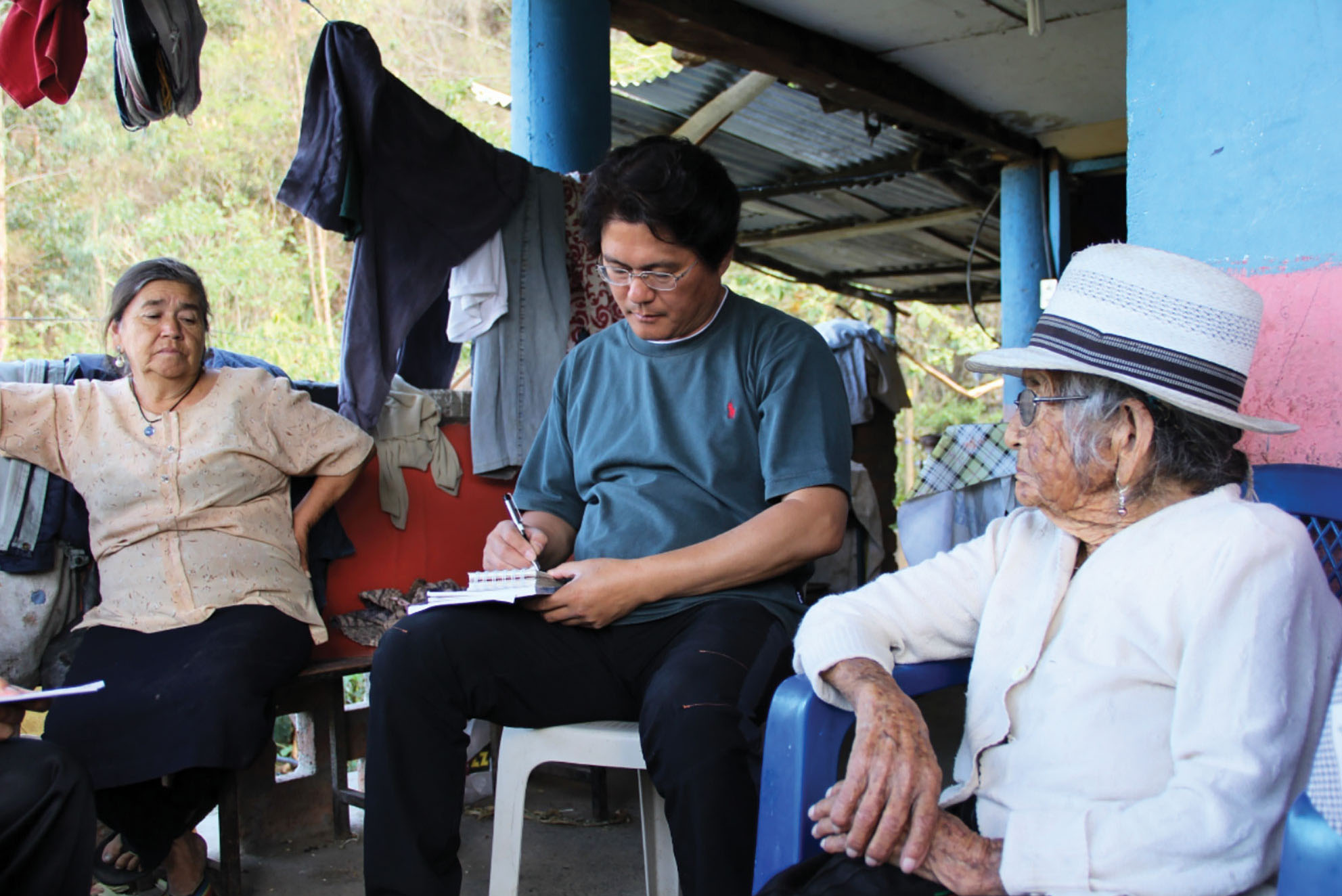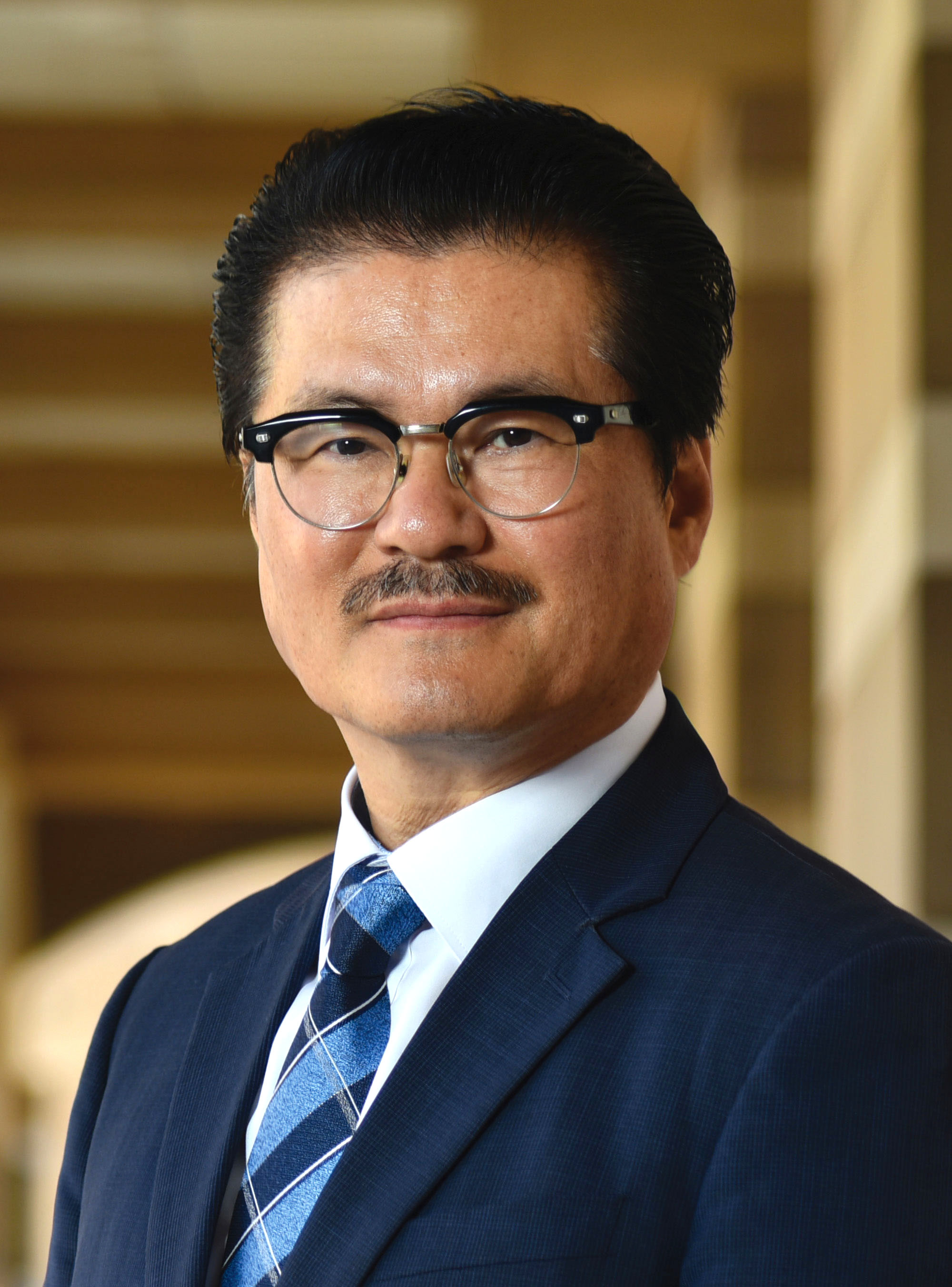What’s the secret to a long life? Around the world, a small number of individuals called supercentenarians live past age 110, and an AUC faculty member is leading the movement to create a universal protocol to study them.
With less than 1,400 cases of supercentenarians in history, the exceedingly rare occurrence of living past 110 is a sought-after phenomenon in the research on human longevity. However, Sungsoo Chun, professor at AUC’s Institute of Global Health and Human Ecology, points out that the experimental methods used to research each case differs, with each country’s experts typically studying their supercentenarians independently. This creates problems when comparing results, making it difficult to generalize or draw scientific conclusions that apply beyond each individual case. “We need to collectivize existing and future studies to find the secret behind extreme longevity,” Chun says.
To do this, Chun started a cohort study network composed of international subject matter experts. This method pools together existing data on supercentenarians while the network designs a protocol to standardize future research in this area of study.
The protocol, which will determine the specific cohort design and data points to be collected in future studies, will connect all research on supercentenarians, allowing longevity researchers to work together. “Without the collaboration of global experts, it’s impossible,” says Chun.
The Global Supercentenarian Cohort Network Study conference, which was hosted at AUC in May 2025, brought researchers one step closer to finalizing a protocol. “Two years ago, we set up the network with 42 study panel members from around the world, and they all shared their insights. Accordingly, we developed a draft of the protocol,” he says. “This conference was one of the final stages to global experts reaching a consensus.”

Sungsoo Chun in Vilcabamba, Ecuador, interviewing a woman in 2011 who was 107 years old at the time, as her nephew looks on
The protocol is an example of collective intelligence, bringing together members from the United States, Canada, Japan, Taiwan, New Zealand, Australia, as well as many countries in Europe, the Caucuses and the Middle East/Mediterranean regions. “When we show this type of collective intelligence, funders are very attracted to give grants,” says Chun, touching on another benefit of the research network.
The next step will be to create a pilot test to determine whether the protocol is valid or not. Then, the network intends to run a study spanning the next 30 years.
“Once we find the secret to supercentenarians, we will generalize the principles to the overall population,” explains Chun. “The insights will further our understanding of how longevity is impacted by genetic factors, such as biomarkers, as well as cultural, psychological and environmental aspects.”
Until the protocol is complete, Chun provided us with research-backed advice for living a long life: “Lifestyle, diet, stress, social factors like family and social support, and biological factors all play a role,” he says.
However, most of that existing research was conducted using qualitative surveys because the sample size of supercentenarians was too small. “I trust their findings, but we need to show scientific results to generalize the clear contributing factors. That’s why we’re organizing these studies,” he says.
Chun also had suggestions for Egypt, where the average life expectancy is around 70 years. “Older people should focus on maintaining a healthy lifestyle. This includes the motivation to exercise, participating in good nutrition and avoiding unhealthy behaviors,” he says.
In part, Chun blames the city’s urban planning for poor lifestyles. “There’s no public place for people to take a walk or exercise. We need to create certain spaces for citizens to improve their lifestyles. When governors make city plans, they need to consider these aspects,” he says.
Egypt also has one of the highest obesity rates in the world, the result of an “ill lifestyle,” and a high mortality rate, which calls for more focus on maternal and child health, as Chun says. “Overall, the country is in need of a government plan to promote health and health education,” he explains.
If you’re searching for the secret to a long life, the answers are already there: Abide by the principles of a healthy lifestyle, and you’ll be set. But if you’re looking to live past 110, Chun and his team are on it — you just might have to wait a little longer for the results to be ready.

Older people should focus on maintaining a healthy lifestyle. This includes the motivation to exercise, participating in good nutrition and avoiding unhealthy behaviors


